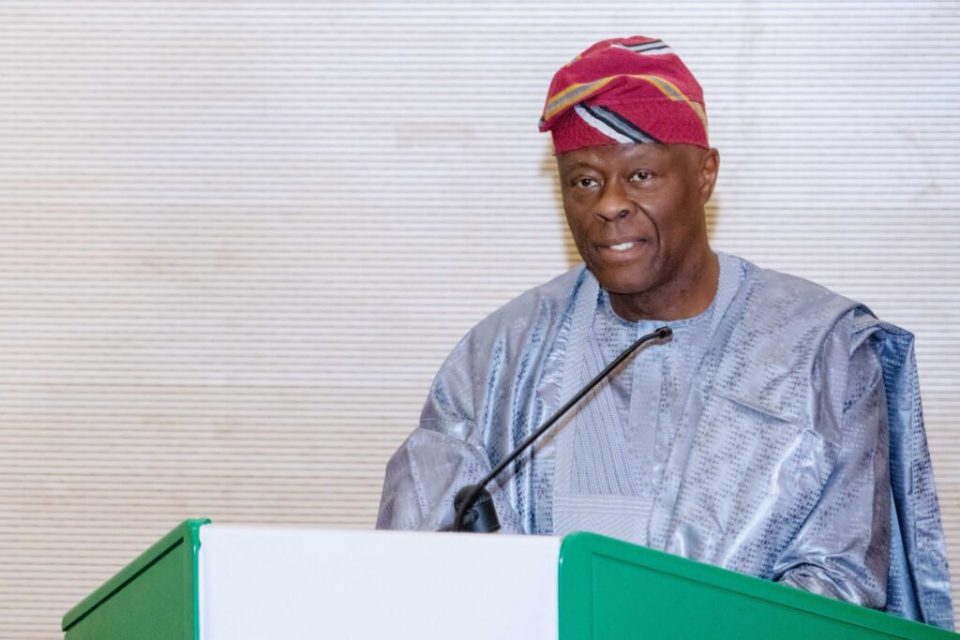The Federal Government has stepped up negotiations with the Japan International Cooperation Agency (JICA) for the disbursement of a ¥15 billion loan approximately $110 million to enhance national food security, according to officials from the Ministry of Finance.
The discussions were disclosed in a statement issued Wednesday by the Federal Ministry of Finance and the Coordinating Ministry of the Economy, following a high-level meeting involving Finance Minister Wale Edun, Agriculture and Food Security Minister Abubakar Kyari, and JICA representatives.
The loan facility, described as an emergency support package, is aimed at stabilising and strengthening Nigeria’s food production systems in the face of global supply chain disruptions and ongoing domestic inflationary pressures.
“With the onset of the rainy season, both ministers underscored the urgency of swift implementation to ensure farmers and rural communities receive timely support,” the statement read.
JICA welcomed Nigeria’s commitment to the programme but requested official clarification regarding proposed changes to the implementation process. It was agreed that core agricultural production activities would commence immediately, while other components such as aggregation and financing structures would undergo further review in line with the original terms of the loan agreement.

The renewed push for external funding comes just days after President Bola Tinubu formally requested parliamentary approval for a broader borrowing plan totaling $21.5 billion as part of the 2025-2026 framework. The President’s request also includes approval for the ¥15 billion facility from Japan and an additional €51 million in grant funding for various development projects.
According to Tinubu’s submission to the National Assembly, the proposed funds are intended to generate employment, expand skill acquisition, support entrepreneurship, reduce poverty, and strengthen food supply chains.
As of December 2024, data from the Debt Management Office shows Nigeria’s outstanding debt to JICA stood at $53.31 million representing 0.88% of its bilateral obligations and 0.12% of the country’s total external debt. Should the new loan proceed, Nigeria’s exposure to JICA would rise to $163.31 million.




